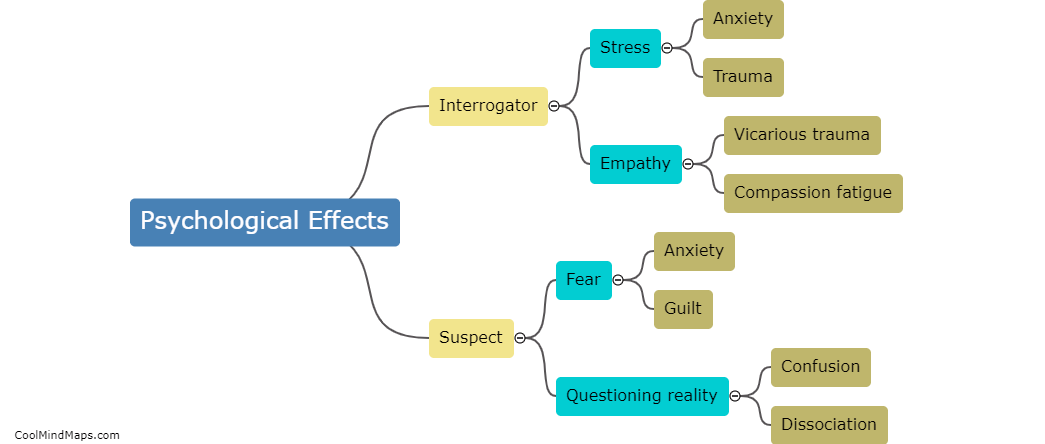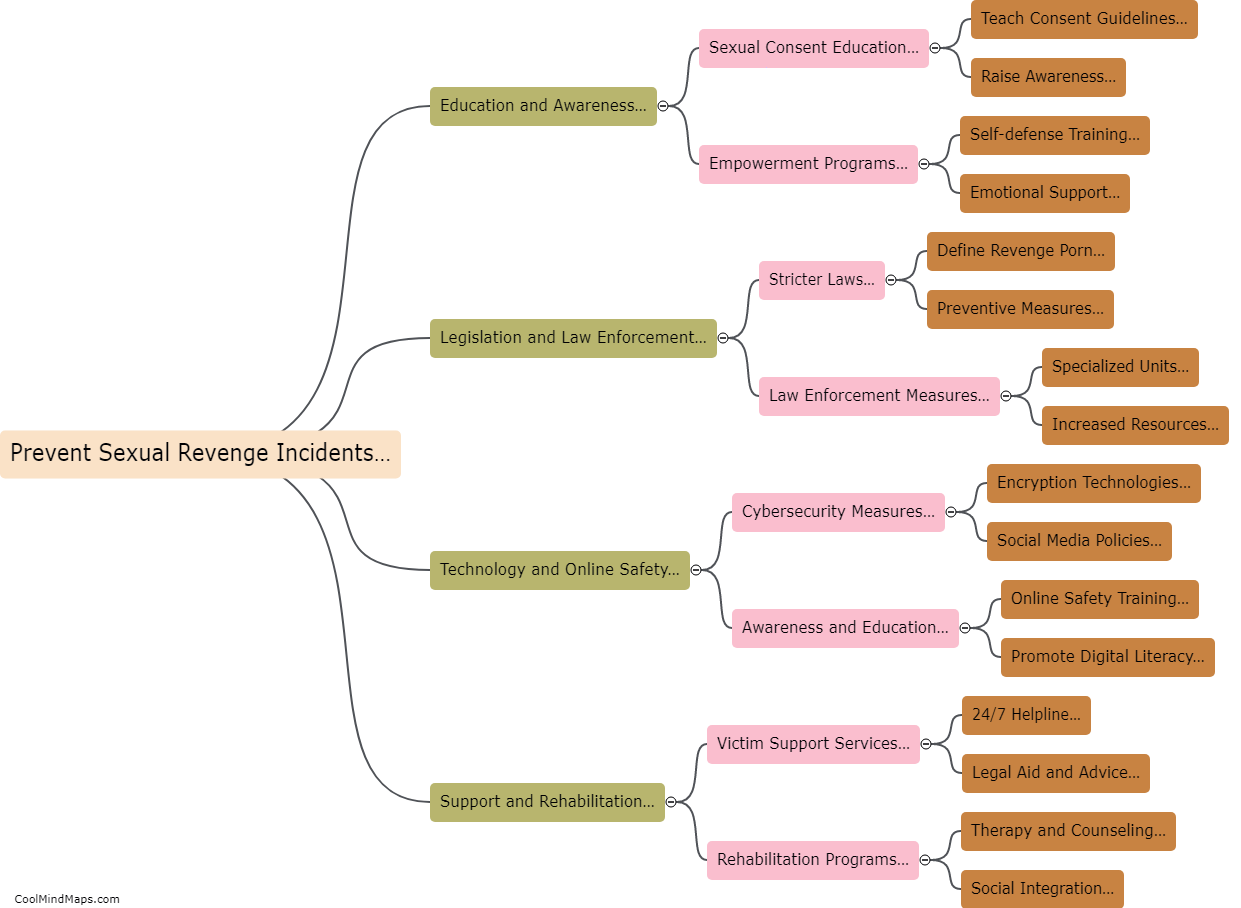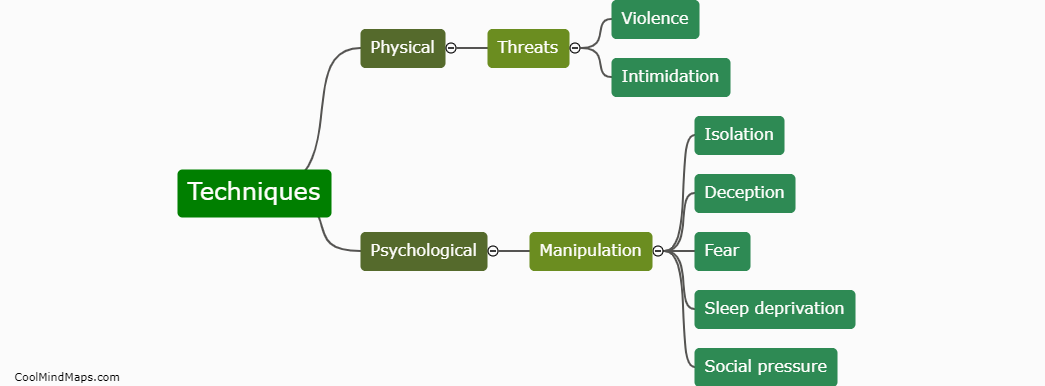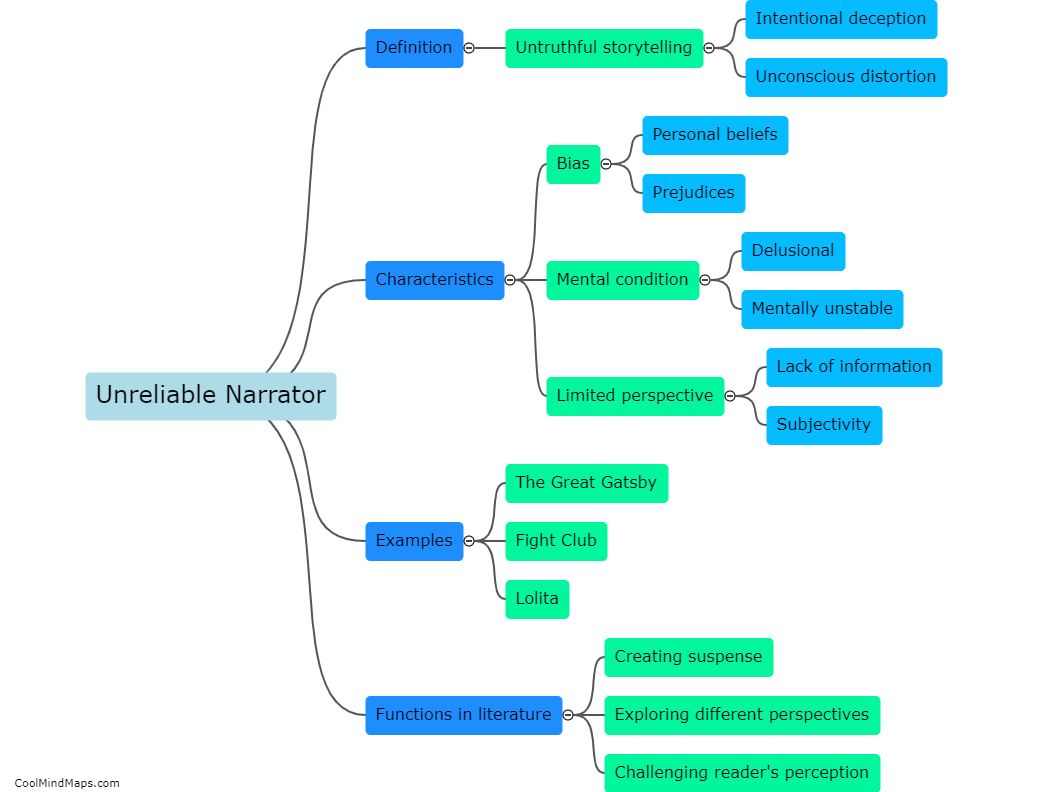What are the psychological effects on both the interrogator and the suspect?
Interrogations can have significant psychological effects on both the interrogator and the suspect involved. For the interrogator, the process can be mentally and emotionally taxing. They may experience heightened levels of stress and pressure to obtain information, which can lead to fatigue, frustration, and even ethical conflicts. Additionally, the process of interrogating suspects involves developing skills in reading and assessing individuals' emotions and behaviors, which can impact the interrogator's perception and biases over time. On the other hand, the suspect may undergo psychological distress during the interrogation. They may feel anxious, intimidated, and overwhelmed by the situation. The power imbalance and the aggressive tactics used by the interrogator can induce fear, leading to the susceptibility of making false confessions or providing misleading information. Overall, the psychological effects on both the interrogator and the suspect highlight the complex dynamics involved in the interrogation process and call for ethical considerations to minimize harm.

This mind map was published on 4 December 2023 and has been viewed 109 times.











